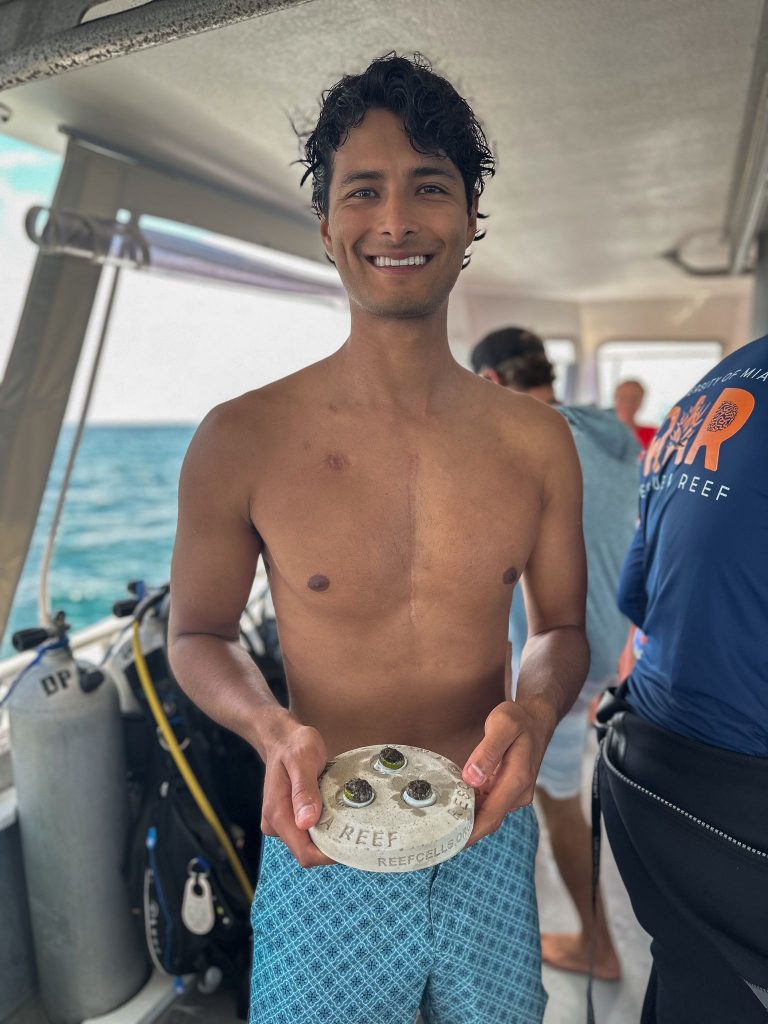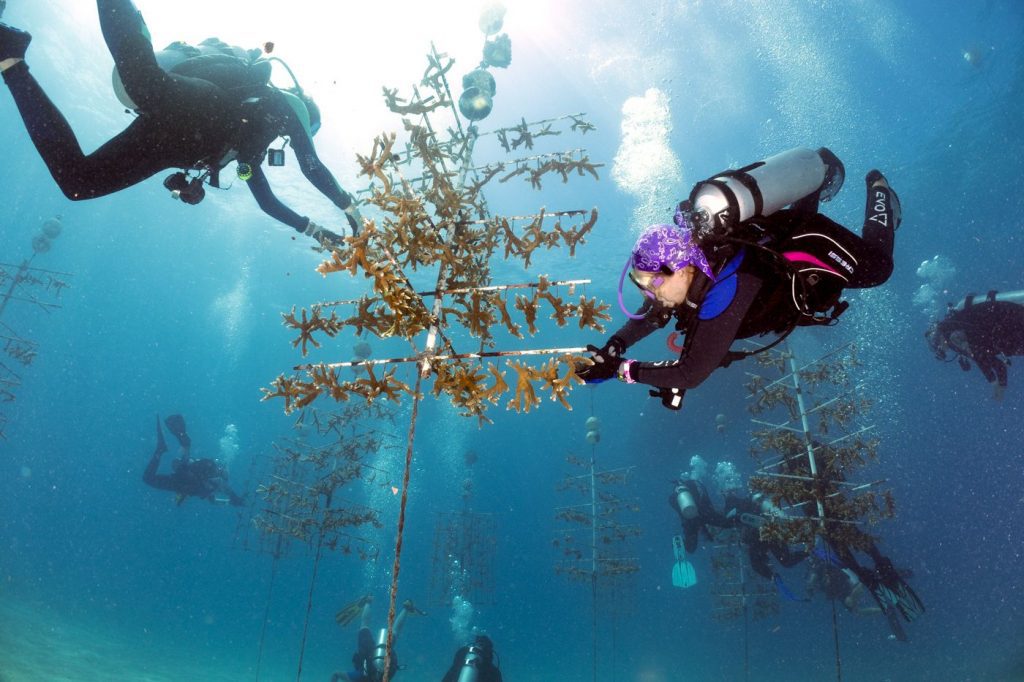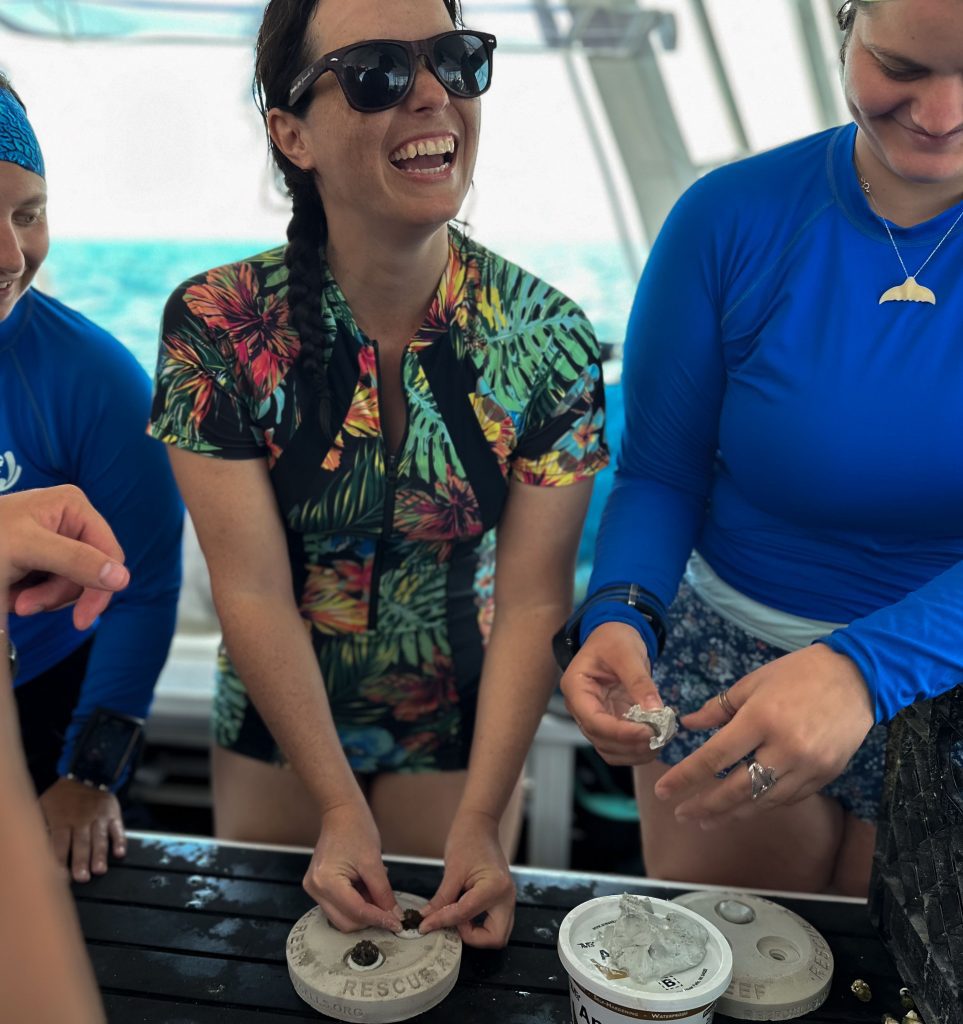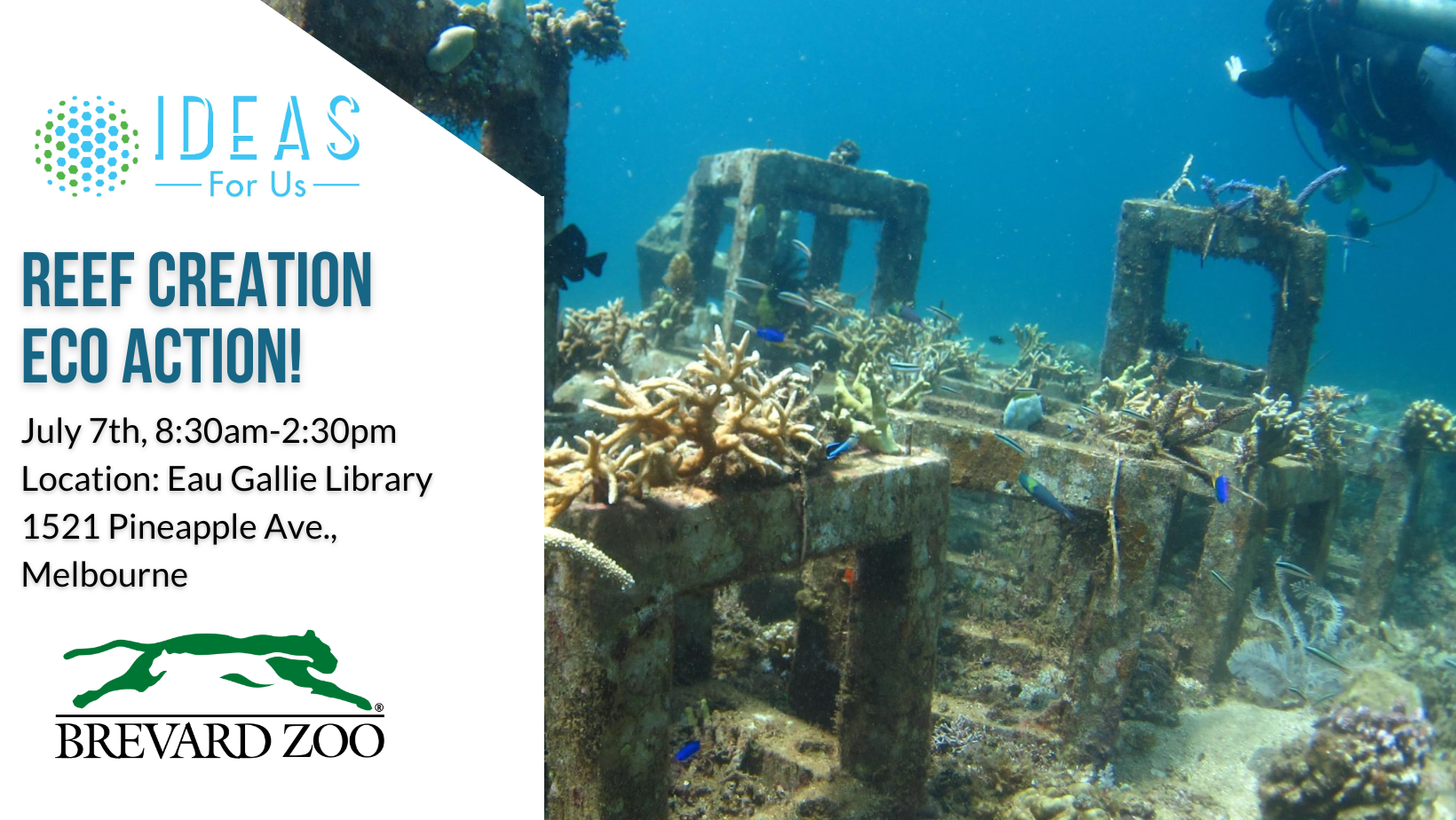Let’s talk about reef restoration, an essential endeavor in safeguarding and revitalizing Melbourne’s marine ecosystem. As the impacts of climate change become increasingly apparent, it is crucial to take action to protect and restore our planet’s fragile ecosystems. Let’s explore the significance of reef restoration, its impact on Melbourne’s marine environment, and how it contributes to broader climate action efforts.
Melbourne, a coastal city blessed with diverse marine life and natural beauty, is not immune to the challenges posed by climate change. Rising sea temperatures, ocean acidification, and extreme weather events all pose significant threats to the delicate balance of marine ecosystems in this region. However, reef restoration offers a ray of hope amidst these challenges. Coral reefs, in particular, are vital habitats supporting a wide array of marine species, including fish, corals, and other organisms. They provide food, shelter, and protection, making them essential for the overall health and biodiversity of Melbourne’s coastal areas.

IDEAS team member Juan building “coral cookies” with UMiami’s Rescue A Reef Program!
By actively restoring damaged or degraded reefs, we can contribute to the recovery and resilience of the marine ecosystem. Reef restoration techniques include coral gardening, artificial reef deployment, and the establishment of marine protected areas. These methods aim to enhance the growth and survival of corals and other reef-building organisms, fostering the restoration of Melbourne’s marine biodiversity.

IDEAS For Us joined University of Miami for a dive in Biscayne Bay to restore the coral reef with staghorn coral.
The significance of reef restoration extends beyond ecological considerations. It also plays a pivotal role in climate action efforts. Healthy reefs act as carbon sinks, absorbing and storing carbon dioxide from the atmosphere. In fact, coral reefs alone sequester an estimated 70-100 million tons of carbon annually, underscoring their importance in mitigating climate change. By preserving and restoring reefs, we not only protect marine biodiversity but also contribute to global efforts to reduce greenhouse gas emissions.

IDEAS team member Nicole gluing golf ball coral to “coral cookies” for easy planting on coral reefs!
Moreover, reef restoration brings economic benefits to coastal communities. Thriving reefs attract tourists, divers, and snorkelers, stimulating local economies and creating employment opportunities. The presence of a vibrant marine ecosystem not only offers visual splendor but also supports industries such as fisheries and recreational activities. By investing in reef restoration, we can ensure the preservation of Melbourne’s natural beauty while promoting sustainable economic growth.
Reef restoration is a critical tool in mitigating the adverse effects of climate change on Melbourne’s marine ecosystem. By restoring and protecting coral reefs, we can support marine biodiversity, sequester carbon, and stimulate local economies.
Remember, the future of Melbourne’s marine environment lies in our hands. Let us unite and take action to safeguard our breathtaking coastlines and the incredible diversity of life they harbor.
Join us for our coolest eco action event of the summer! The IDEAS team is helping Brevard Zoo install an artificial reef on a homeowners water front in Melbourne. Come help restore our coastal ecosystems while learning about our amazing Florida ecology from scientists!

The event is from 8:30am to 2:30pm on July 7th at Eau Gallie Library in Melbourne. We are carpooling from the library to the site, so please be on time. Please also make sure you bring anything you might need for the day, including a lunch, refillable water bottle, a towel, change of clothes, and wear something you can get in the water with. Shoes should be either old sneakers or dive booties (no flip flops or any type that has an opening like Crocs). Volunteers should be ages 15 and over. Waivers and additional information will be sent to those who sign up!








